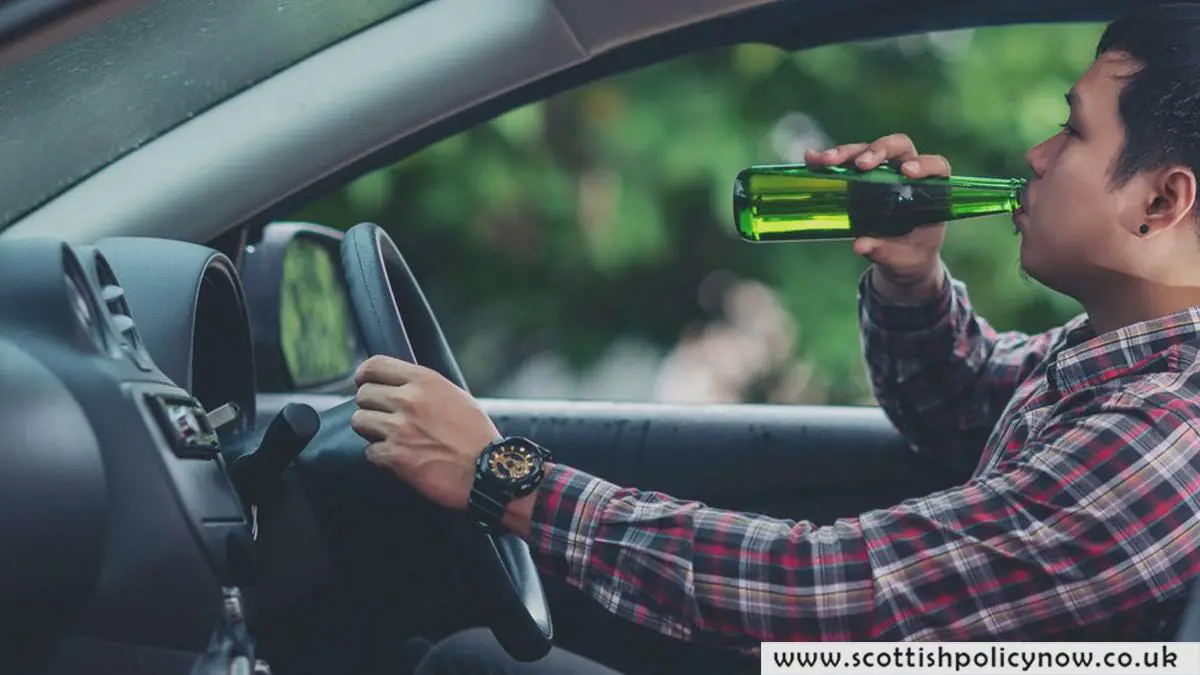Drink driving, or driving under the influence (DUI), is a significant public safety concern. In the United Kingdom, laws against operating a vehicle while intoxicated have evolved over the years to address this issue strictly.
Origins of Drink Driving Legislation
The Locomotive Act of 1872
The earliest legislation that indirectly addressed drink driving was the Locomotive Act of 1872, also known as the “Red Flag Act.” While not explicitly targeting drink drivers, it set the foundation for road safety and included provisions for penalising “drunkenness while in charge of a carriage.”
The Motor Car Act 1903
This act brought forth the first direct legal measure against drink driving. It introduced fines for “motor car” drivers found to be drunk while operating their vehicles.

The Road Traffic Act 1930
The Road Traffic Act of 1930 marked a pivotal point in drink driving law. It was the first to define the offense of driving while intoxicated and provided powers to prosecute individuals found to be “incapable of having proper control of the vehicle.”
Modernisation of Drink Driving Laws
The Road Safety Act 1967
A significant development came with the Road Safety Act of 1967, which introduced the first legal blood alcohol limit. This act made it an offense to drive with a Blood Alcohol Concentration (BAC) of more than 80 milligrams of alcohol per 100 millilitres of blood. It also introduced roadside breath tests, which became a crucial tool for law enforcement.
The Transport Act 1981
This act allowed for more stringent penalties and the mandatory disqualification of offenders from driving for a minimum period.
The Road Traffic Act 1991
Further amendments increased the severity of penalties, including fines and imprisonment, for those convicted of drink driving.
Current Legislation
Today, the laws regarding drink driving in the UK are primarily governed by the Road Traffic Act 1988 and the Road Traffic Offenders Act 1988. These acts have been amended several times to adapt to changes in social attitudes and advancements in technology related to road safety.
Penalties for Drink Driving
Penalties for drink driving can include heavy fines, driving bans, and imprisonment. The severity of the punishment typically correlates with the level of alcohol in the driver’s system and any previous convictions.
Conclusion
Drink driving became illegal in the UK over a century ago, with significant legal milestones in 1930 and 1967 solidifying the nation’s stance against this dangerous behaviour. The evolution of these laws reflects the UK’s commitment to road safety and the protection of its citizens.
References
- UK Legislation. (n.d.). Road Traffic Act 1930. Retrieved from https://www.legislation.gov.uk/ukpga/Geo5/20-21/43/contents
- UK Legislation. (n.d.). The Road Safety Act 1967. Retrieved from https://www.legislation.gov.uk/ukpga/1967/15/contents
- UK Legislation. (n.d.). Road Traffic Act 1988. Retrieved from https://www.legislation.gov.uk/ukpga/1988/52/contents
- UK Legislation. (n.d.). Road Traffic Offenders Act 1988. Retrieved from https://www.legislation.gov.uk/ukpga/1988/53/contents








